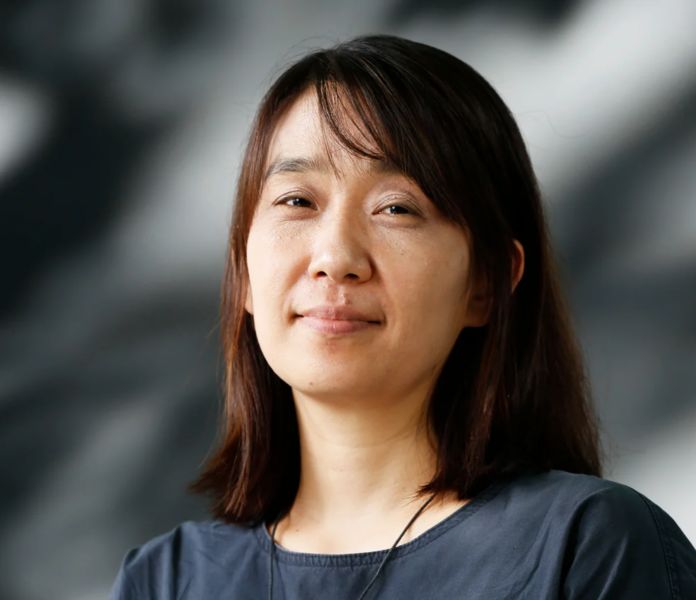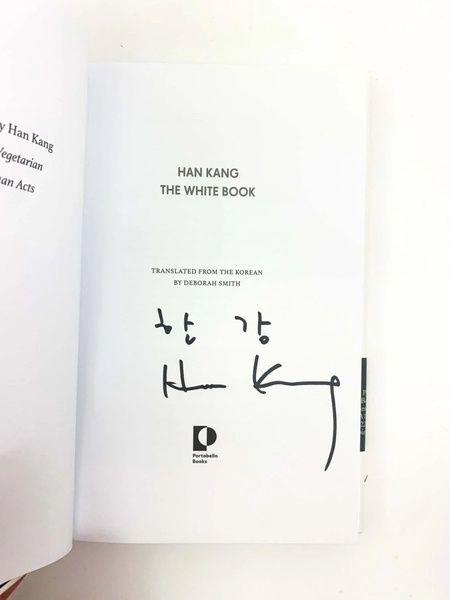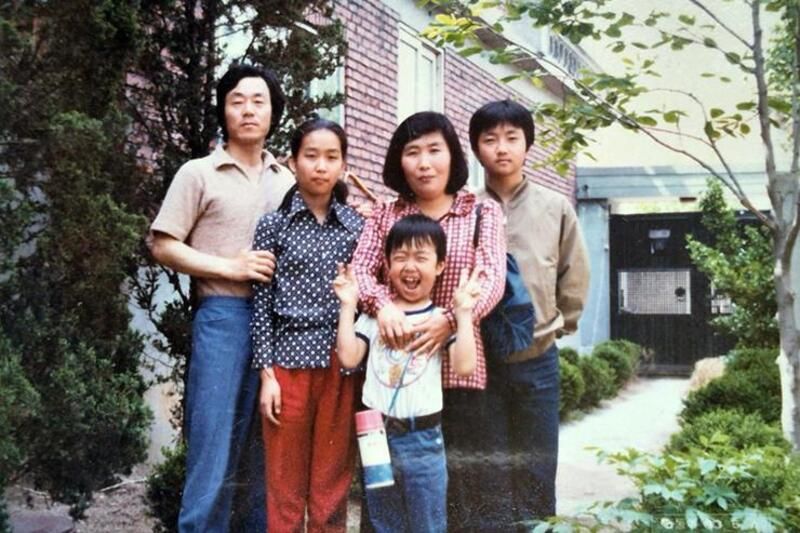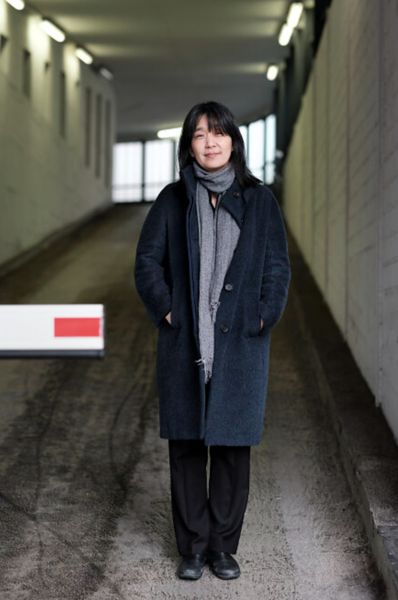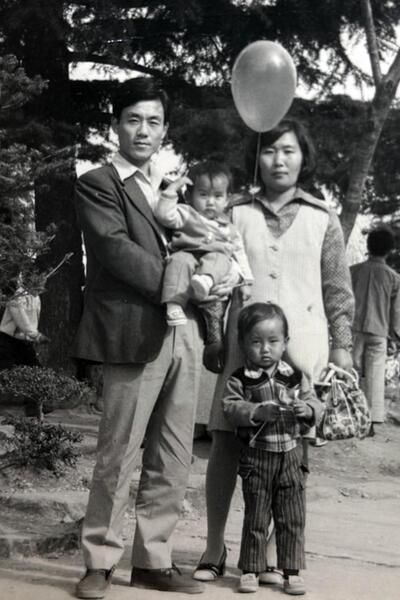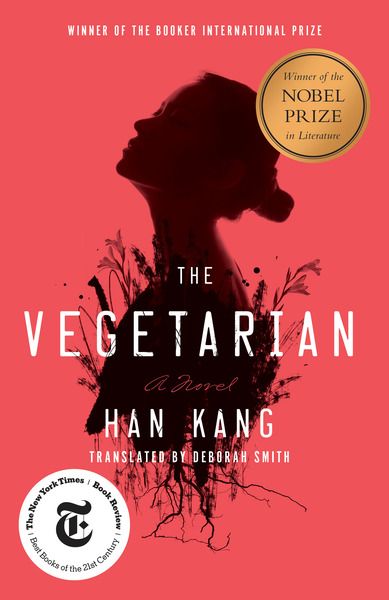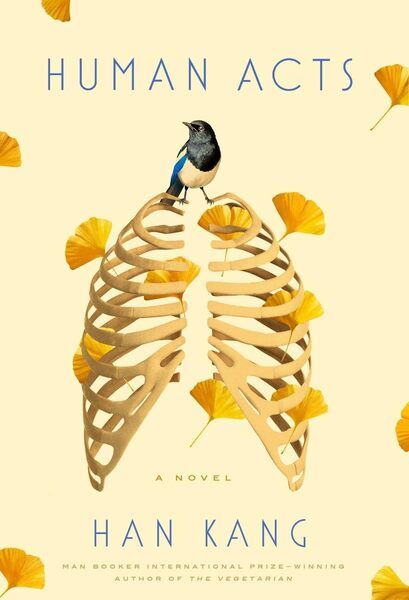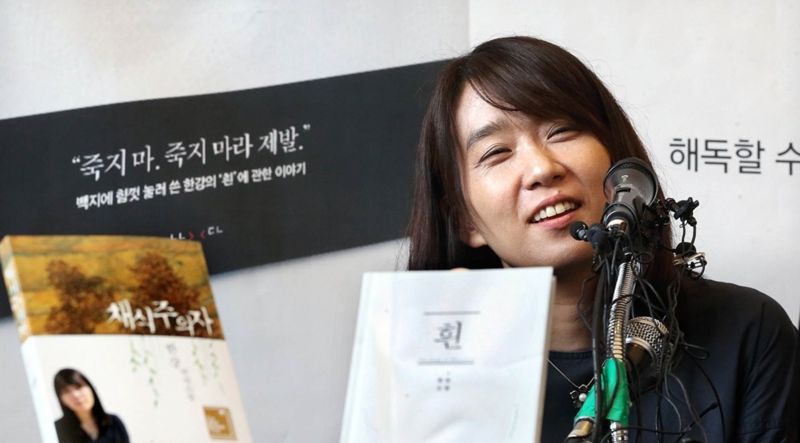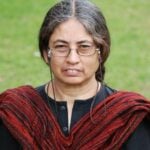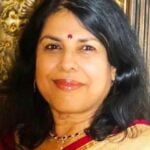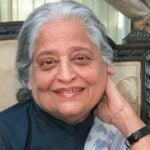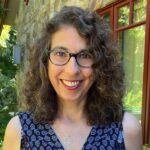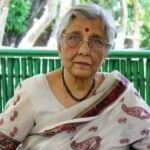Han Kang Height, Age, Husband, Children, Family, Biography
Quick Info→
Hometown: Gwangju
Age: 54 Years
Marital Status: Divorced
Some Lesser Known Facts About Han Kang
- Han Kang Was raised by her parents in a middle-class South Korean family.
- Han Kang’s family is famously known as the ‘family of writers’ in South Korea.
- While studying in school, she was made the class president many times because of her incredible leadership qualities.
- When she was just 9 years old, Han Kang moved to Suyu-ri in Seoul when her father quit his teaching job to become a full-time writer.
- In 1980, a student-led demonstration took place in Han’s hometown Gwangju which led to the military’s massacre of students and civilians.
- Han Kang got to know about the massacre when she was 12 after discovering at her home a secretly circulated memorial album of photographs which was hidden on the top shelf of the family bookcase and which were taken by a German journalist.
- The moment she found the memorial album of photographs, she was deeply influenced and her view on humanity and her literary works took a turn. Expressing her feelings when she first saw the photographs, she said that
Silently, and without fuss, some tender thing deep inside me broke. Something that, until then, I hadn’t even realised was there.”
- Han was always surrounded by an environment of literature and writing and she got interested in writing after seeing her father’s success.
- After graduating from Yonsei University, Han Kang worked as a reporter for the monthly magazine named ‘Saemteo Magazine.’
- During her college days, Han Kang read a line that said “I believe that humans should be plants” which was written by the Korean writer Yi Sang and the line was a defensive opinion against the violence of Korea’s colonial history under Japanese occupation.
- Han took inspiration from the line and the poet and decided to write her three-part fiction novel titled ‘The Vegetarian’ which was published in 2007. The novel was loosely based on Han’s 1997 short story titled ‘The Fruit of My Woman.’
- In 1993, Han’s literary career started when five of her poems were featured in the Winter 1993 issue of the quarterly ‘Literature and Society.’
- In 1994, she took part in the New Year’s Literary Contest held by the Seoul Shinmun. Han participated in her fiction short story titled ‘The Scarlet Anchor’ and won the competition.
- In 1995, Han Kang published her first short story collection titled ‘A Love of Yeosu.’
- After getting her first short story collection published, she quit her magazine job to focus solely on writing literature.
- In 2007, Han Kang published her book titled ‘A Song to Sing Calmly’ which was accompanied by a music album. Han Jung Rim who is a Korean musician and music director insisted on Han Kang singing the songs for the music album to which she agreed.
- In the same year, she started working as a professor in the Department of Creative Writing at the Seoul Institute of the Arts and she worked there till 2018.
- ‘The Vegetarian’ (2007) was Han’s first novel that was translated into English.
- In 2009, her novel ‘The Vegetarian’ (2007) was made into a South Korean erotic body horror drama film titled ‘Vegetarian’ which was directed by Lim Woo-Seongc. The film was one of only 14 selections out of 1,022 submissions, that was included in the World Narrative Competition of the North American Film Fest.
- In 2011, her novella titled ‘Baby Buddha’ was made into a South Korean film titled ‘Scars.’
- In 2013, Han Kang published her poetry collection titled ‘I Put Dinner in the Drawer.’
- In 2014, Han Kang published a novel titled ‘Human Acts’ which was based on the democratization uprising that occurred on May 18, 1980, in Gwangju, Korea.
- In 2016, Han Kang was the first Korean to be nominated for the International Booker Prize 2016.
- Her novel ‘The Vegetarian’ was the first Korean language novel to win the International Booker Prize for fiction.
- Han Kang’s fiction novel ‘The Vegetarian’ was chosen as one of ‘The 10 Best Books of 2016’ by The New York Times Book Review.
- In 2016, she published her autobiographical novel titled ‘The White Book’ which was short-listed for the 2018 Man Booker International Prize. The book was based on her older sister who died 2 hours after birth.
- As of 2024, Han Kang runs a bookstore with her son in Seoul, South Korea.
- In 2024, she became the first South Korean writer and the first female Asian writer to be awarded the Nobel Prize in Literature.
- Han Kang suffers from periodic migraines, as of 2024.
- Han has published many fiction novels and some of them include ‘Black Deer’ (1998), ‘Your Cold Hands’ (2002), ‘The Wind Blows, Go’ (2010), ‘Fire Salamander’ (2012), and ‘We Do Not Part’ (2021).
- Han Kang has published many short stories and some of them include ‘My Name is Sunflower’ (2002), ‘The Red Flower Story’ (2003), ‘Thunder Little Fairy, Lightning Little Fairy’ (2007), and ‘Tear Box’ (2008).
- She has written two essays and they are ‘Love and Things Surrounding Love’ (2003) and ‘A Song to Sing Calmly’ (2007).

